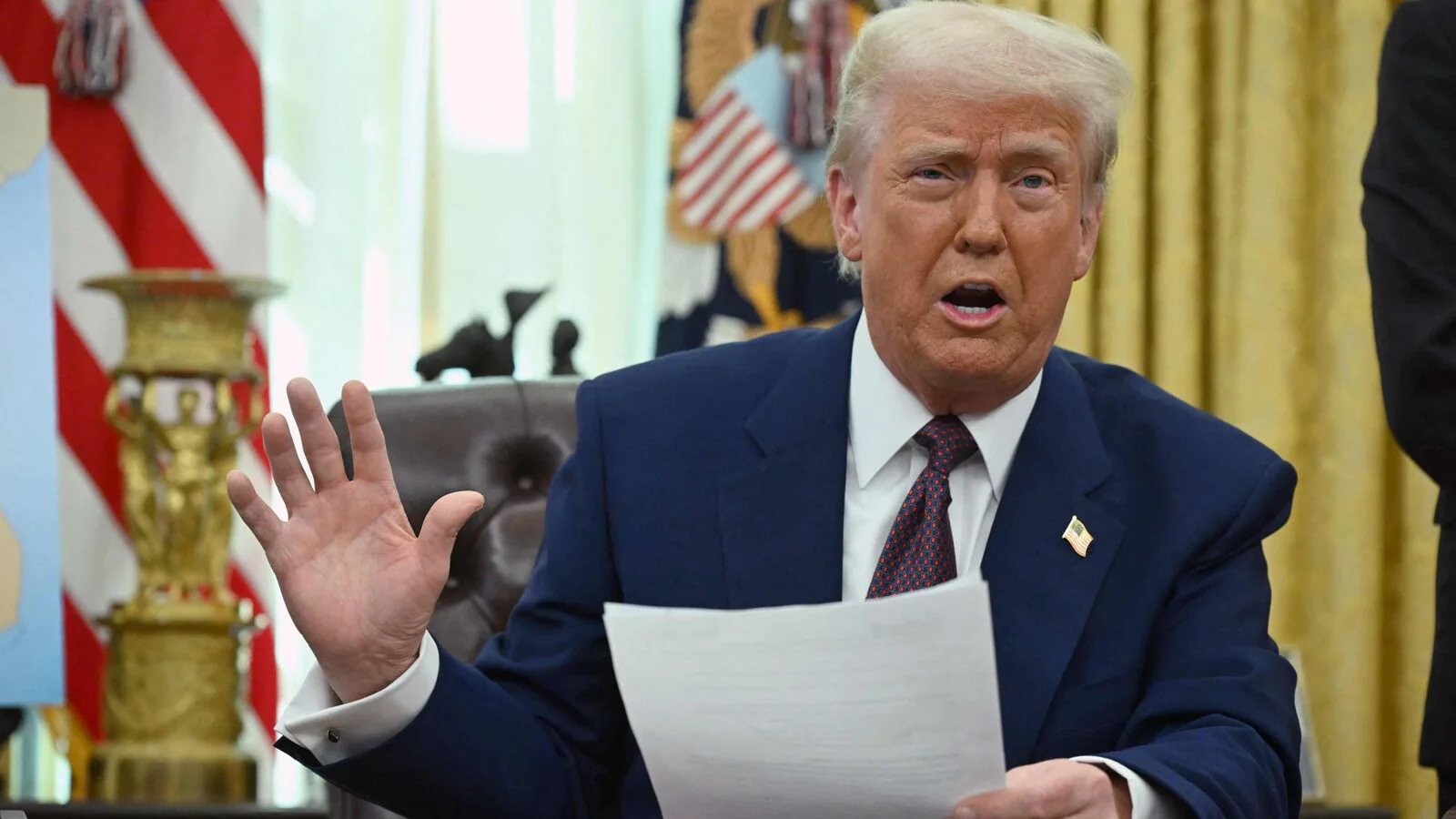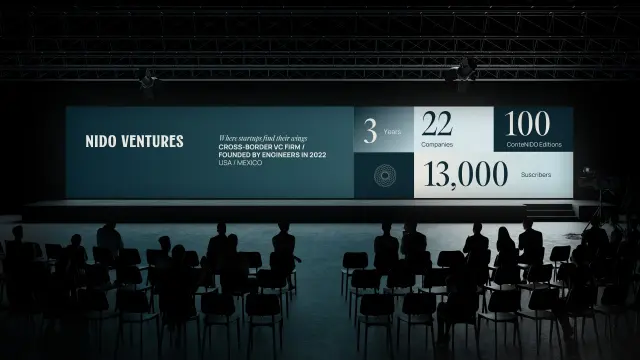Donald Trump’s proposed $5 million "Gold Card" visa seeks to fast-track residency for wealthy investors, aiming to boost the U.S. economy through capital inflows
Former President Donald Trump has proposed a new immigration policy known as the $5 million "Gold Card" visa, designed to attract high-net-worth individuals willing to invest in the United States. This initiative offers fast-tracked residency in exchange for a significant financial contribution, with the goal of stimulating economic growth.
While the policy is seen as a potential game-changer for the U.S. investment landscape, it has also sparked controversy over the fairness of wealth-based immigration policies. Here’s a closer look at how the "Gold Card" visa would work, its potential impact, and the challenges it may face.
How the "Gold Card" Visa Works
The "Gold Card" visa would be available to foreign investors who meet the following criteria:
- Minimum Investment Requirement: Applicants must invest at least $5 million in eligible U.S. industries.
- Fast-Tracked Residency: Investors and their immediate families would receive expedited processing for U.S. residency.
- Investment-Driven Growth: The visa is aimed at injecting foreign capital into key economic sectors, including real estate, infrastructure, and technology.
- No Job Creation Requirement: Unlike the existing EB-5 visa, this program does not require direct job creation, making it more appealing to passive investors.
Comparing the "Gold Card" Visa to the EB-5 Program
The
EB-5 Immigrant Investor Program has long been the primary pathway for foreign investors seeking U.S. green cards. However, it requires a
$800,000 minimum investment in targeted employment areas (TEAs) and proof that the investment creates at least
10 U.S. jobs.
Trump’s "Gold Card" visa offers a
higher investment threshold but removes
bureaucratic hurdles related to job creation. Key differences include:
Feature
EB-5 Visa
"Gold Card" Visa
Minimum Investment
$800,000
$5 million
Job Creation Requirement
Yes
No
Processing Time
Lengthy
Expedited
Sector-Specific Investment
No restrictions
Limited to key industries
Economic and Market Impact
If implemented, the "Gold Card" visa could generate
billions in foreign direct investment, with several potential benefits:
- Real Estate Boom: High-net-worth investors may drive up demand for luxury properties, particularly in cities like New York, Miami, and Los Angeles.
- Boost to Infrastructure & Technology: Capital infusion into major projects could accelerate growth in key industries.
- Strengthening of the U.S. Dollar: Increased foreign investment could enhance the stability of the U.S. economy.
Criticism and Political Backlash
While supporters argue that the program will bring
economic benefits, critics have raised several concerns:
- Favoring the Wealthy: Some argue that prioritizing high-net-worth individuals over skilled workers or refugees creates an unfair immigration system.
- Lack of Job Creation: Unlike the EB-5, the "Gold Card" visa does not require direct employment opportunities for Americans.
- National Security Risks: There are concerns about foreign oligarchs or politically exposed individuals using the visa to gain U.S. residency.
Legislative and Legal Hurdles
For the "Gold Card" visa to become law, it must pass through
Congress, where immigration policies remain a
highly divisive issue.
- Bipartisan Challenges: Trump’s immigration stance has been controversial, making it difficult to gain broad political support.
- Potential Reforms: Some lawmakers may push for additional safeguards, such as background checks and stricter investment monitoring.
- Public Perception: The idea of selling U.S. residency to the highest bidder could face strong opposition from voters.
Final Thoughts
Trump’s proposed
$5 million "Gold Card" visa is an ambitious attempt to
reshape U.S. immigration policy by prioritizing wealthy investors. While it has the potential to
boost economic growth, its success will depend on
political support, implementation strategies, and public reception.
As discussions continue, the future of this program remains uncertain, but one thing is clear—
wealth-based immigration policies will remain a hot topic in U.S. politics.













